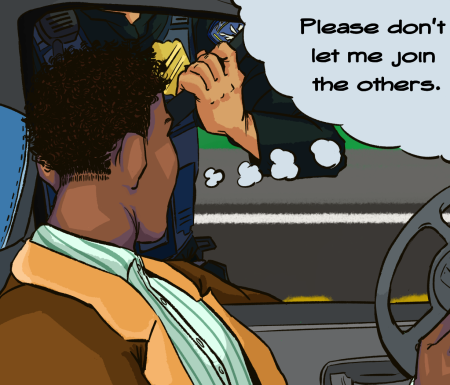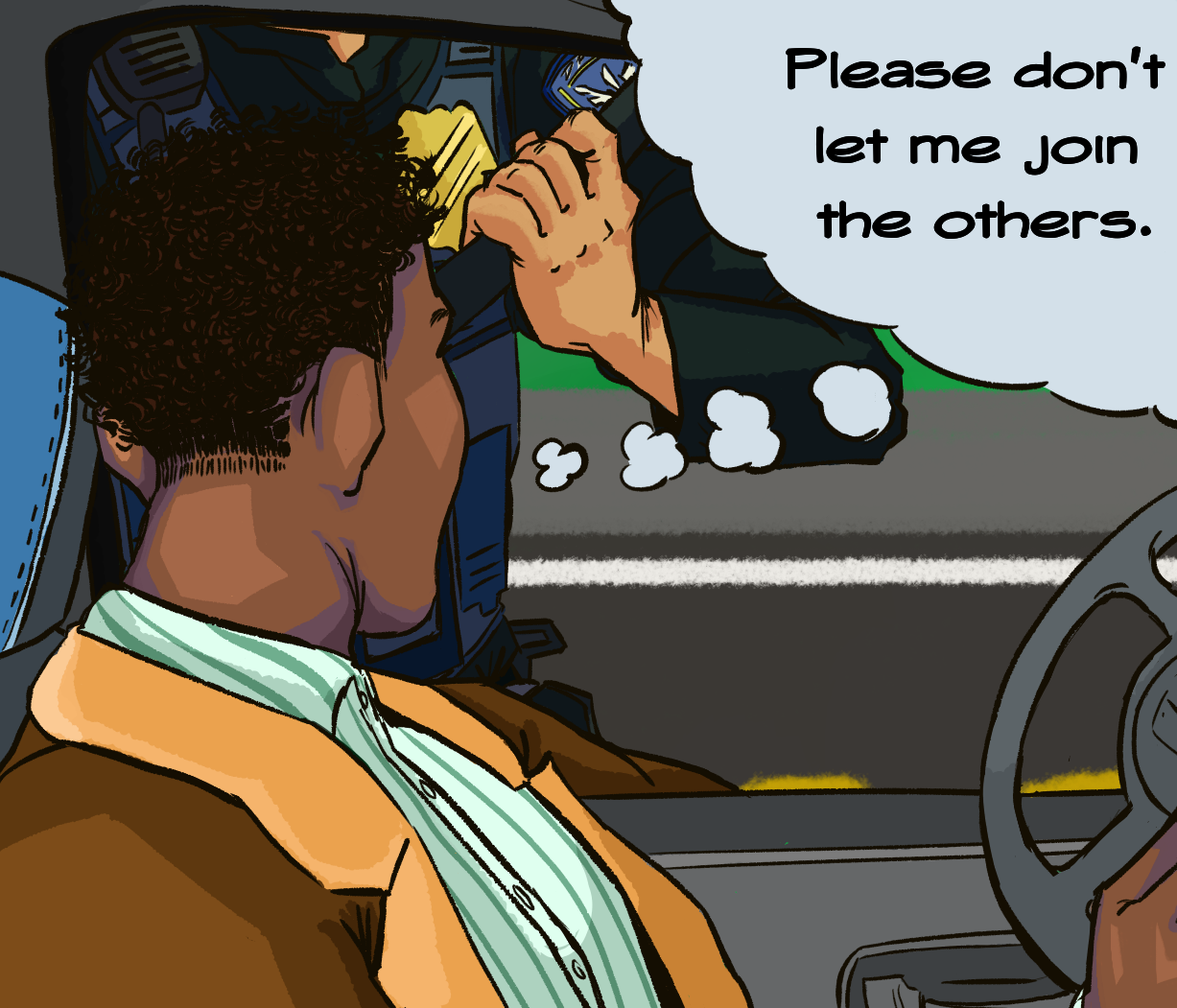
Yet another Black man, 29-year-old Tyre Nichols, was brutally assaulted by the local police in Memphis, Tennessee.
On the evening of Jan. 7, Nichols was stopped by the Memphis police department because of “reckless driving.” The police officers engaged in severe physical assault including pepper spray and beating that eventually led to his death on Jan. 10.
For some, this is unfortunately another reminder of the police system we have in the U.S.. Violence brought on by the police is thought of as a consistent theme in the country’s history.
In the year of 2020, many remembered George Floyd’s death as the one that educated them on police brutality against Black men and women. Treyvon Martin, Floyd, Daunte Wright, Adre Hill, Manuel Ellis and Breanna Taylor are a few of them. However, it slowly became something many have gotten used to and are desensitized from because they believe that nothing will be done by the authorities.
Belief in more body cameras, accountability and psychological tests in training seems like a good idea but with no systematic change happening, hope is seemingly lost.
Not only has the death of another Black man been excruciatingly sad, but for some people of color, it reinforced the fear that they had grown up in. Being taught how to act, talk and behave around law enforcement because of the way one looks is a painful experience that should not happen.
Confiding with said law enforcement will take a long time because even with the officers in question being reprimanded, nothing has actually changed. More and more people from the Black community are the victims of horrible violence from the people sworn to serve and protect Americans.
The racism and force is also rampant with the officers involved with Nichols and Floyd’s death as well. The body camera footage that captured Floyd’s last moments was released approximately three months after his death, while Nichols was released 20 days afterwards. Two of Floyd’s officers were white and the other two were people of color, while Nichols’ officers were overwhelmingly Black.
Some believe that their race has nothing to do with the times that the body cameras were released because every police department is different when it comes to technology and reporting. But others believe that it was since Nichols’ officers were prosecuted quicker and dealt with faster in general just because they were Black.
So what happens next? Where is the effort given to the people by the government?
Police can start participating in events with the community so that they have the opportunity to get to know the people that they are protecting. And in return, the people may start to trust them. There is a gap in understanding between Americans and the government. Simply firing or charging those at fault will not bring back Breanna Taylor or George Floyd, and in this sense, Tyre Nichols.
However, mending it with understanding, testing and participation with those in power and the people they serve may prevent it from happening again. Not only that but appreciation from the Black community, because seeing it happening again and again is simply painful.

